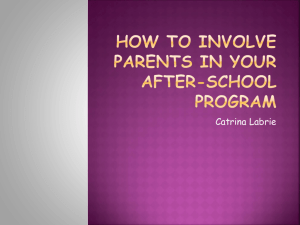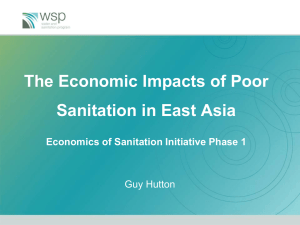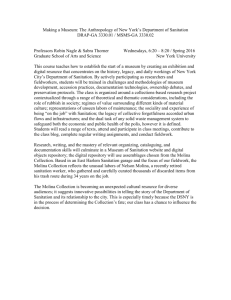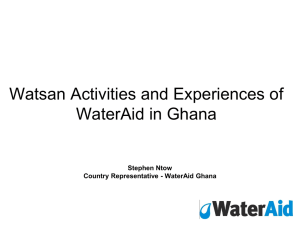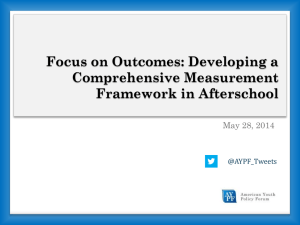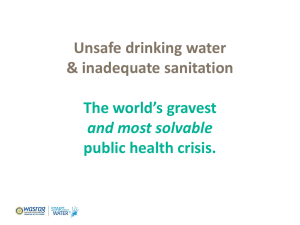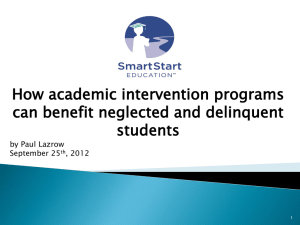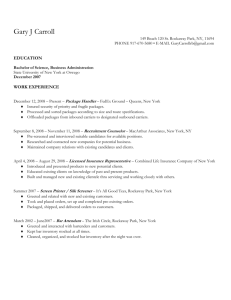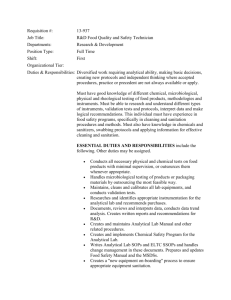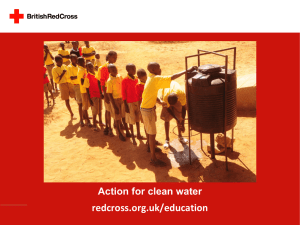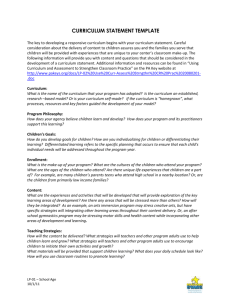MicroSociety Shows Us the Bigger Picture Beyond Afterschool
advertisement
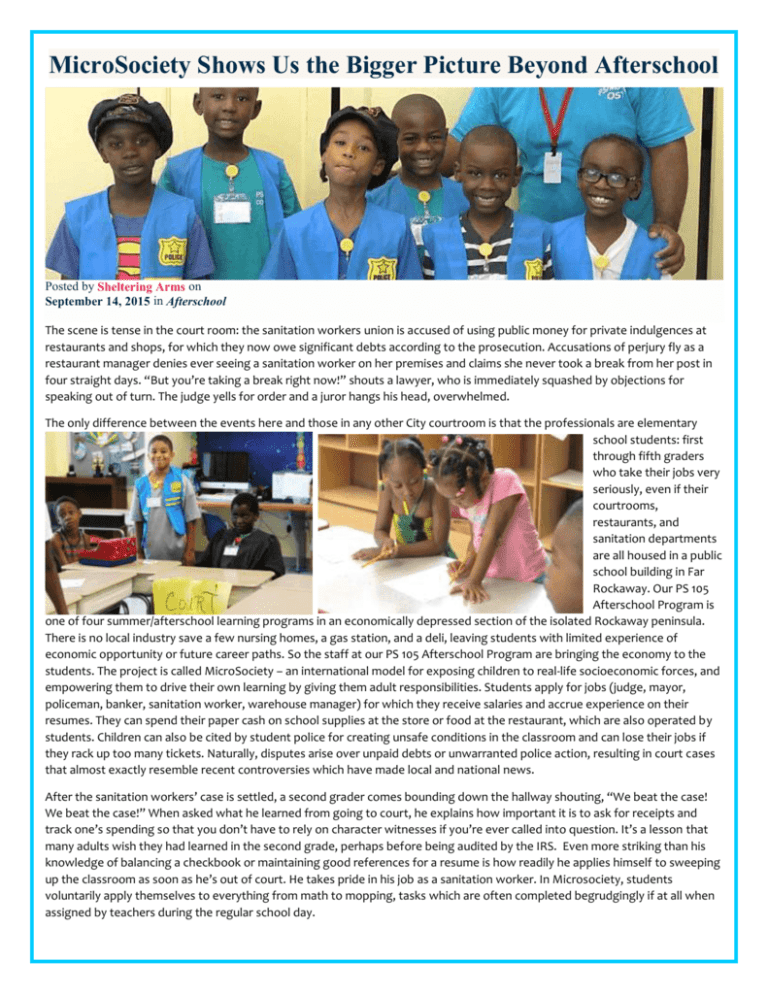
MicroSociety Shows Us the Bigger Picture Beyond Afterschool Posted by Sheltering Arms on September 14, 2015 in Afterschool The scene is tense in the court room: the sanitation workers union is accused of using public money for private indulgences at restaurants and shops, for which they now owe significant debts according to the prosecution. Accusations of perjury fly as a restaurant manager denies ever seeing a sanitation worker on her premises and claims she never took a break from her post in four straight days. “But you’re taking a break right now!” shouts a lawyer, who is immediately squashed by objections for speaking out of turn. The judge yells for order and a juror hangs his head, overwhelmed. The only difference between the events here and those in any other City courtroom is that the professionals are elementary school students: first through fifth graders who take their jobs very seriously, even if their courtrooms, restaurants, and sanitation departments are all housed in a public school building in Far Rockaway. Our PS 105 Afterschool Program is one of four summer/afterschool learning programs in an economically depressed section of the isolated Rockaway peninsula. There is no local industry save a few nursing homes, a gas station, and a deli, leaving students with limited experience of economic opportunity or future career paths. So the staff at our PS 105 Afterschool Program are bringing the economy to the students. The project is called MicroSociety – an international model for exposing children to real-life socioeconomic forces, and empowering them to drive their own learning by giving them adult responsibilities. Students apply for jobs (judge, mayor, policeman, banker, sanitation worker, warehouse manager) for which they receive salaries and accrue experience on their resumes. They can spend their paper cash on school supplies at the store or food at the restaurant, which are also operated by students. Children can also be cited by student police for creating unsafe conditions in the classroom and can lose their jobs if they rack up too many tickets. Naturally, disputes arise over unpaid debts or unwarranted police action, resulting in court cases that almost exactly resemble recent controversies which have made local and national news. After the sanitation workers’ case is settled, a second grader comes bounding down the hallway shouting, “We beat the case! We beat the case!” When asked what he learned from going to court, he explains how important it is to ask for receipts and track one’s spending so that you don’t have to rely on character witnesses if you’re ever called into question. It’s a lesson that many adults wish they had learned in the second grade, perhaps before being audited by the IRS. Even more striking than his knowledge of balancing a checkbook or maintaining good references for a resume is how readily he applies himself to sweeping up the classroom as soon as he’s out of court. He takes pride in his job as a sanitation worker. In Microsociety, students voluntarily apply themselves to everything from math to mopping, tasks which are often completed begrudgingly if at all when assigned by teachers during the regular school day. As children take charge of their learning, making connections between math, language, and future careers, program leaders are freed to concentrate on long term strategies to benefit student achievement. The site’s director, Imtiaz Choudhari, affectionately known by students and parents as Mr. C., has set his focus for the year on integrating STEM (Science, Technology, Engineering, and Math) concepts into his curricula in order to close gaps in student mastery. MicroSociety now has a science lab where students are currently demonstrating which materials do and do not conduct electricity by touching a charged wire to a battery and to various materials and seeing whether a light bulb turns on. Mr. C. has just earned several prestigious honors for his leadership. MicroSociety International and Policy Studies Associates, Inc. recognized him with their 2015 International MicroSociety George Award for Outstanding After School. The program at PS 105 was also the only one in the City to receive four stars, the highest rating one can receive for a MicroSociety program. “Mr. C understands that high quality after school programs can change expectations of students’ competencies including the development of character, identity, an understanding of one’s role in society, and key affective outcomes, such as resiliency. His students learn social and emotional skills, support one another and work collaboratively to complete tasks with confidence. For him, student engagement is key and is based around real life experiences,” said Carolynn King Richmond, President and CEO of MicroSociety International. The outcomes Carolynn describes would be valuable for any student to master, but are even more impressive and important considering the specific challenges students face in Southeast Queens. Graduation rates are as low as 40% at the local high schools, much lower than the average in more affluent areas. The local 101st Precinct also has one of the highest rates of gang activity and gun violence in the City, making it a hostile environment for children after school. MicroSociety provides a safe, structured environment for children whose parents are still at work. Even as a simplified microcosm for society, the program has macro implications. Students learn about their civic duty at a young age. As they enter the “real world” they’re prepared academically, but also have the entrepreneurship and leadership skills to make real changes in their community, and build the type of Far Rockaway they’ve dreamed of from the ground up.
